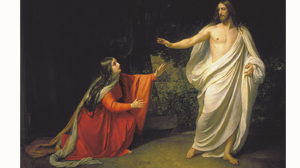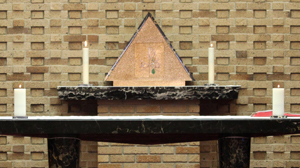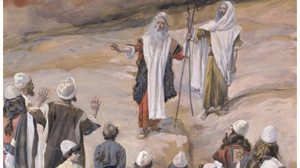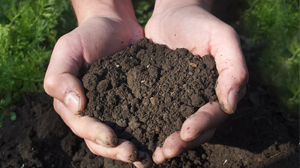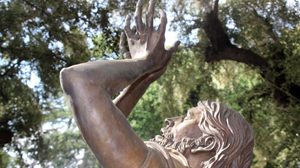Scripture:
Wisdom 12:13, 16-19
Romans 8:26-27
Matthew 13:24-43
Reflection:
Today in our Gospel reading we have three parables from Jesus, and an explanation of one of them. The one for which we have an explanation is usually referred to as the “Parable of the Weeds among the Wheat.” When the disciples ask Jesus to explain the parable to them, He tells them that the good seeds are the “children of the kingdom” while the weeds are the “children of the evil one.” The harvest is “the end of the age,” with the people dealt with accordingly. As was mentioned last week, this parable also shows the mercy of God. God is willing to wait, and not rush to condemnation, and so we are not necessarily doomed to remain weeds. Thanks be to God!
As I was reflecting on this parable and the other two that are part of our Gospel reading, I began to see a connection between the three. In one of the other parables, Jesus uses the image of a woman taking yeast and mixing it with three measures of wheat flour until the “whole batch” is “leavened.” If we seek, in the words of the one parable to be the wheat, to be “children of the kingdom,” then we must also be willing to let God come into our hearts and do the work He wants to do in us. To put it another way, we are not only to grow as wheat, but to be used as flour.
In the parable, the woman works the yeast into the flour so that it is able to be made into bread. Just so, God does the work in us so that we can be made into disciples and people are fed. I have no idea how many grains of wheat it takes to make a measure of flour, but I’m guessing it takes quite a bit, and so it may take many of us coming together to answer the needs of the people and build up the kingdom. And perhaps the “leaven” that God uses to enable us to be bread for others can be understood as the Holy Spirit spoken about by St. Paul in our second reading from Romans.
May we not rush to judgment but instead, let God’s mercy into our hearts. May we let God work in us so that people, who are hungry in so many ways, may find the love of God in Jesus Christ in us.
Fr. Phil Paxton, C.P., is the local superior at St. Paul of the Cross Passionist Community in Detroit, Michigan.

